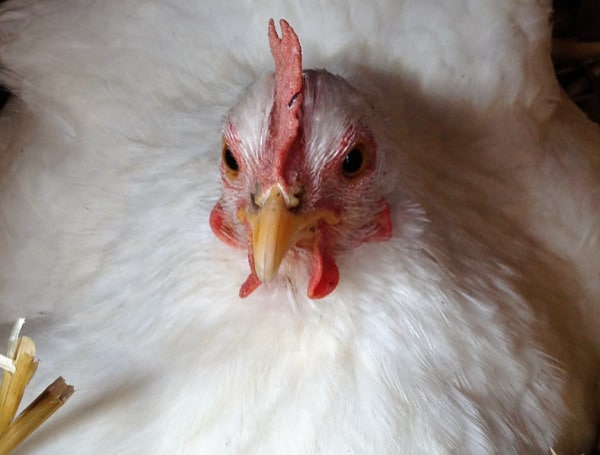
The Centers for Disease Control and Prevention (CDC) has confirmed three new cases of highly pathogenic avian influenza (HPAI) A(H5), commonly known as “H5 bird flu,” among poultry workers in Northeast Colorado/Weld County.
This follows a previously announced presumptive positive case on July 20. These cases were identified in individuals working directly with infected poultry at a commercial egg layer operation experiencing an outbreak of H5 bird flu.
Read: CDC Reports Fourth Human Case Of H5 Bird Flu Tied To Dairy Cow Outbreak
The affected individuals have mild symptoms and have been offered the antiviral drug oseltamivir for treatment. State and local officials are continuing to monitor poultry workers at farms with infected poultry. This outbreak is separate from another recent H5 bird flu incident at a different Colorado poultry farm, where six human cases were confirmed last week. With these new cases, the total number of human H5 bird flu cases in Colorado’s current poultry outbreaks now stands at nine.
A CDC multidisciplinary, bilingual field team is currently in Colorado to support the state’s response to these ongoing outbreaks.
Read: CDC Has 1 Million Bird Flu Tests Ready, But Experts Fear Repeat Of COVID Missteps
The confirmation of these three additional cases raises the total number of human H5 bird flu cases reported in the United States since April 2024 to 13. Before 2024, the only other human case of H5N1 bird flu in the U.S. was reported in a Colorado poultry worker in April 2022. Including that case, there have been 14 total human cases of H5 bird flu in the U.S. since 2022.
The CDC currently assesses that the risk to the general public from H5N1 remains low. However, the situation is being closely monitored for any changes, particularly regarding the virus’s potential to transmit between humans. So far, no genetic changes have been observed that would increase human-to-human transmission.
CDC Recommendations:
- Avoid unprotected exposure to sick or dead animals, including wild birds, poultry, other domesticated birds, and other wild or domesticated animals (including cows).
- Avoid unprotected exposure to animal feces, bedding, unpasteurized milk, or materials that have been in contact with birds or other animals suspected of having A(H5N1) virus.
- Follow CDC’s interim recommendations for preventing, monitoring, and investigating A(H5N1) virus infections in people, as well as updated recommendations for worker protection and the use of personal protective equipment (PPE). Compliance with these guidelines is crucial for reducing individual risk and containing the public health threat.
The investigation into these cases will include examining compliance with PPE recommendations, as historically, most human bird flu infections have occurred in individuals not wearing the recommended protective gear. Analyzing the virus sequences from this outbreak will also help determine if a change in risk assessment is necessary.
Help support the Tampa Free Press by making any small donation by clicking here.
Android Users, Click To Download The Tampa Free Press App And Never Miss A Story. Follow Us On Facebook and Twitter. Sign up for our free newsletter.